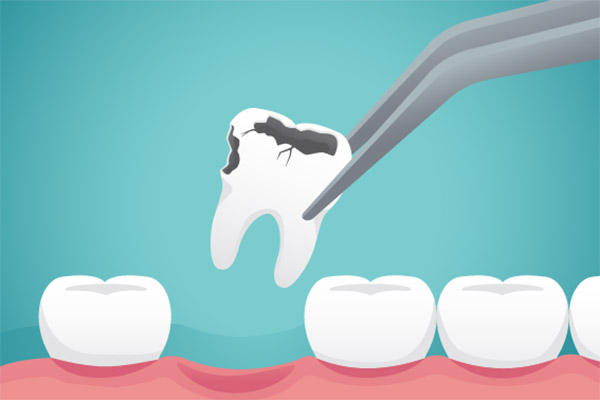How a Good Daily Oral Routine Is Vital for Preventive Dentistry

Practicing preventive dentistry at home allows you to reap many benefits for your general health. Brushing and flossing every day is a basic way of keeping your mouth in good shape. Having healthy teeth and gums helps support your whole body’s health. If you want to find out why good everyday dental hygiene is important for preventive dentistry, here are the details.
The importance of preventive dentistry
Preventive dentistry must become second nature to everyone. This practice prevents expensive dental treatments and restorations. A patient’s insurance plan could then cover the majority or even all of the preventive dental treatments. Patients without dental insurance tend to pay less during a dental visit. It is less expensive to have a dental cleaning than to have a filling or a crown.
Being strict with dental care helps dental patients maintain healthy gums and teeth. This lowers the risk of gum disease and tooth loss. Oral issues are painful. These problems affect the nerves in the mouth. The pain can be debilitating. Preventing the onset of dental problems prevents pain.
A healthy mouth can also prevent chronic diseases such as Alzheimer’s and cardiovascular problems. Studies show a connection between one’s oral and general health. That is why it is important to keep gums and teeth clean every day. Failing to do so can mean putting the entire body at risk.
Daily oral habits
An individual can contribute to preventive dentistry by being proactive in keeping teeth and gums clean at home or at work. Brushing and flossing at least once every day are good practices. Dental products must be effective in cleaning and protecting teeth and gums. Using a mouthwash can improve the effects of brushing and flossing. The liquid can go through tiny gaps and rinse away dislodged particles after flossing and brushing.
Avoiding sugary foods and drinks also helps keep the mouth healthy. The sugars tend to gather on the teeth. This causes issues like cavities. Consuming enough fluoride also ensures more strength and protection for teeth. Public water systems often have fluoridated water. Fluoride-rich toothpaste and mouthwash can supplement the fluoride needs of people without fluoridated water.
Dental visits
Preventive oral care at home needs support from the dentist. Keeping dental appointments keeps plaque and tartar away from teeth. Gums experience professional stimulation from the electric brushing. This encourages healing. It also triggers the flow of more nutrients into gums and teeth. Dentists recommend at least two dental checks in a year to keep the mouth healthy.
Boosting general health
Proper dental hygiene aims to prevent and remove plaque. It also prevents the collection of tartar, tooth decay, and periodontitis. This strengthens preventive dentistry. Studies show a direct connection between dental health and general health. Maintaining good oral health prevents the onset of diseases, such as Alzheimer’s disease, cardiovascular ailments, and diabetes. Preventive dentistry can boost one’s general health.
Preventive dentistry can keep your oral cavity and your body healthy
Daily brushing and flossing can help establish preventive dental care at home. You can support your daily dental care with regular visits to your dentist. These strengthen your preventive dentistry practices. Sticking to preventive dental care ensures your general health. Good oral hygiene practices and regular dental visits can implement preventive dentistry more. This will give you a chance at optimal oral and general health.
Are you considering having a preventive dentistry procedure in the Rockville area? Get more information at https://www.potomacwoodsfamilydentalcare.com.
Check out what others are saying about our dental services on Yelp: Preventative Dental Care in Rockville, MD.
Related Posts
Daily oral hygiene is one of the most important things that a general dentist focuses on. Without a good oral hygiene routine, individuals are more likely to develop cavities or gum disease, both of which require treatments to solve. Having a good understanding of important daily oral hygiene can go a long way. Keep reading…
During a visit to the periodontist, the dental professional will reiterate the importance of taking proper care of your gums and teeth. Only a few people realize how important good oral health is to overall wellness. Since the mouth is the primary entry point into the body, bacteria can spread to other parts, putting you…
The most common procedure that a periodontist performs is removing plaque and tartar from their patients’ teeth. This procedure helps to remove the bacterial infection that causes gum disease and its symptoms. With time, monitoring, and a few follow-up procedures, the periodontist can restore the health of their patient’s teeth and gums. In the following…
The two alveolar ridges that are located under the gums support the lower and upper teeth and set the shape and form of your smile, so your periodontist may propose a ridge augmentation procedure if these bones have started deteriorating as a result of periodontal disease or tooth loss or removal. A ridge augmentation may…


